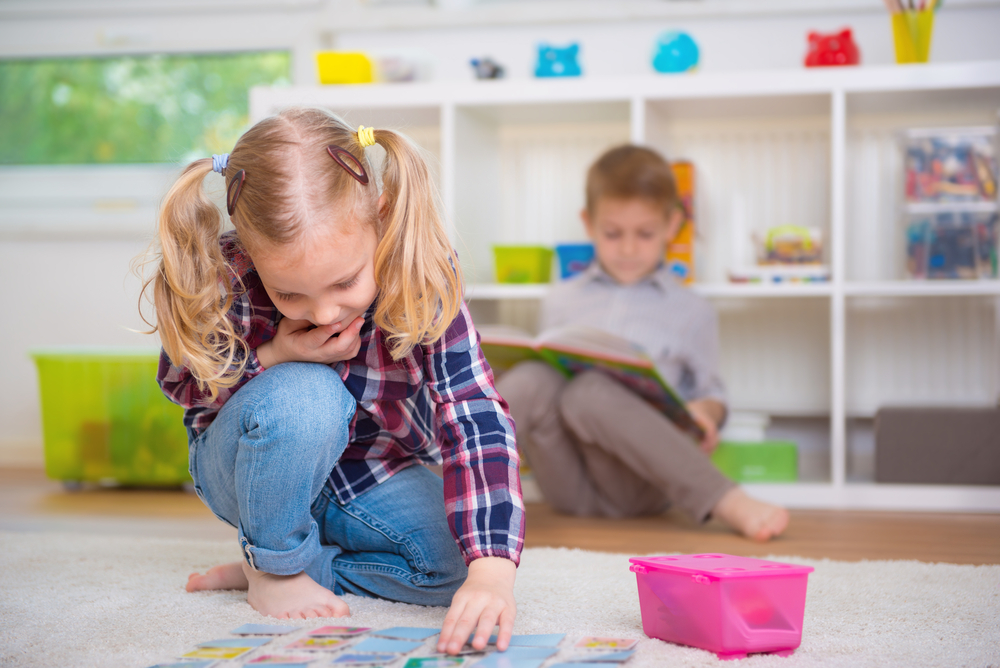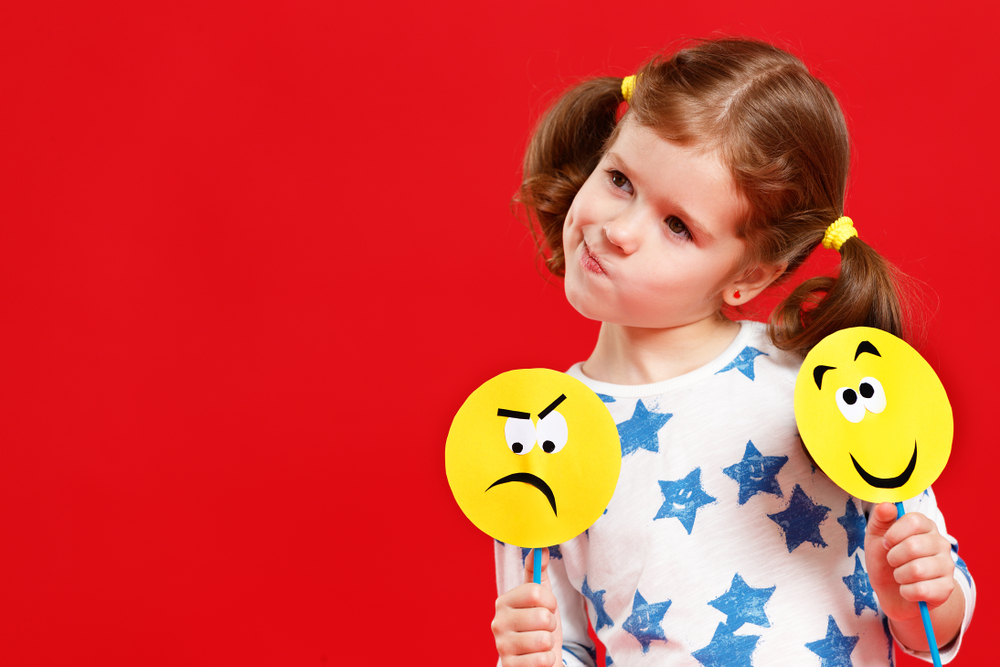Building vocabulary Normal Worksheets for Ages 6-7
4 filtered results
-
From - To
Unlock the power of words with our Building Vocabulary Worksheets designed specifically for children aged 6-7. These engaging, printable worksheets are crafted to enhance language skills and expand young minds. Each activity focuses on fun exercises that encourage word recognition, spelling, and usage in context, making learning enjoyable and effective. Suitable for both home and classroom settings, our worksheets help young learners build a strong foundational vocabulary, fostering a love for reading and communication. Discover the joy of language and watch your child's confidence soar as they embark on this exciting vocabulary adventure today!
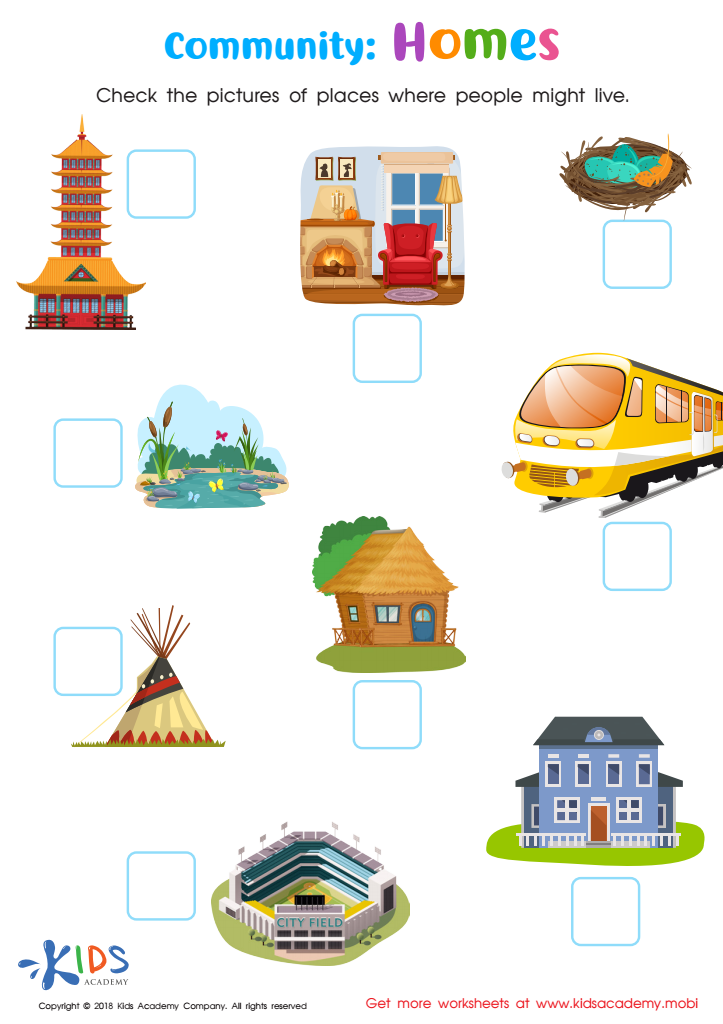

Community: Homes Worksheet
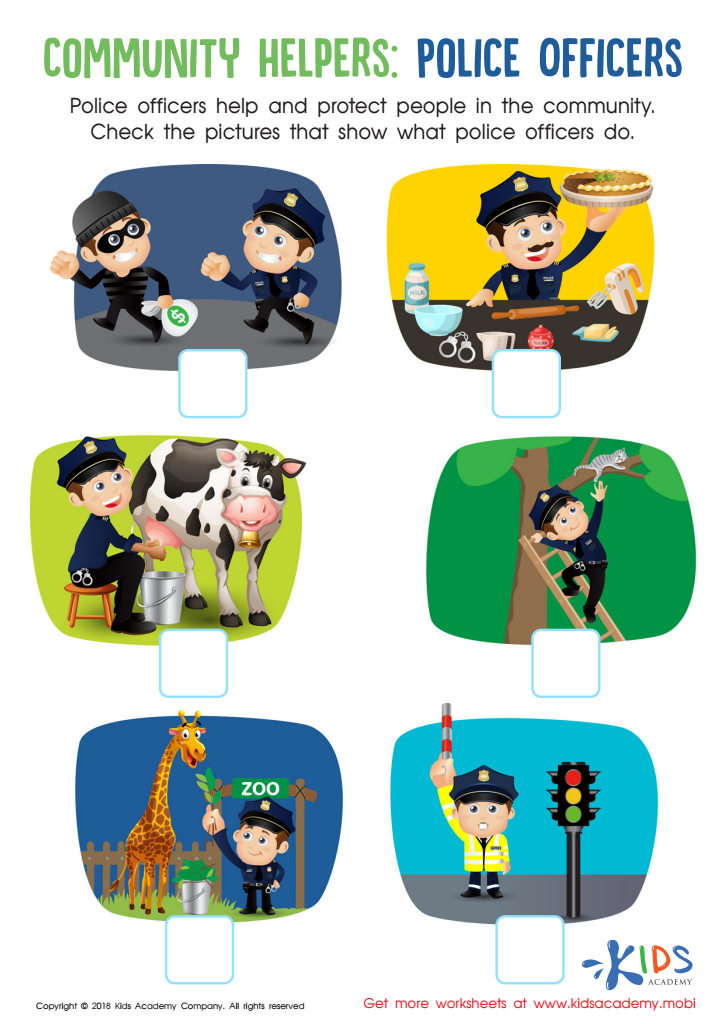

Police Officers Community Helpers Worksheet
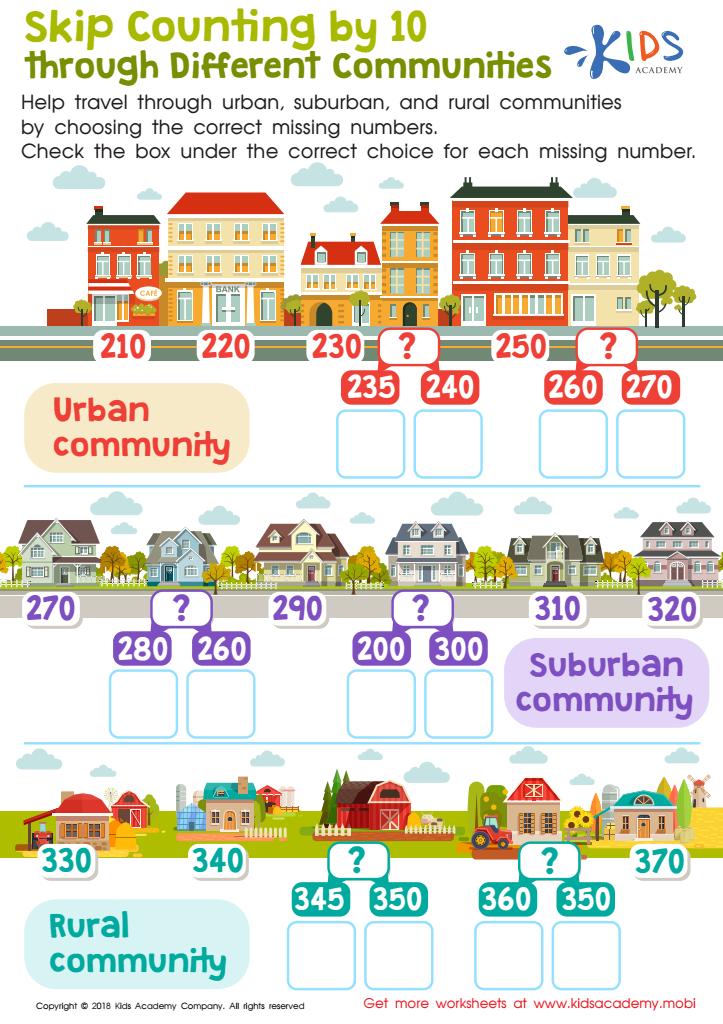

Skip Counting by 10 through Different Communities Worksheet
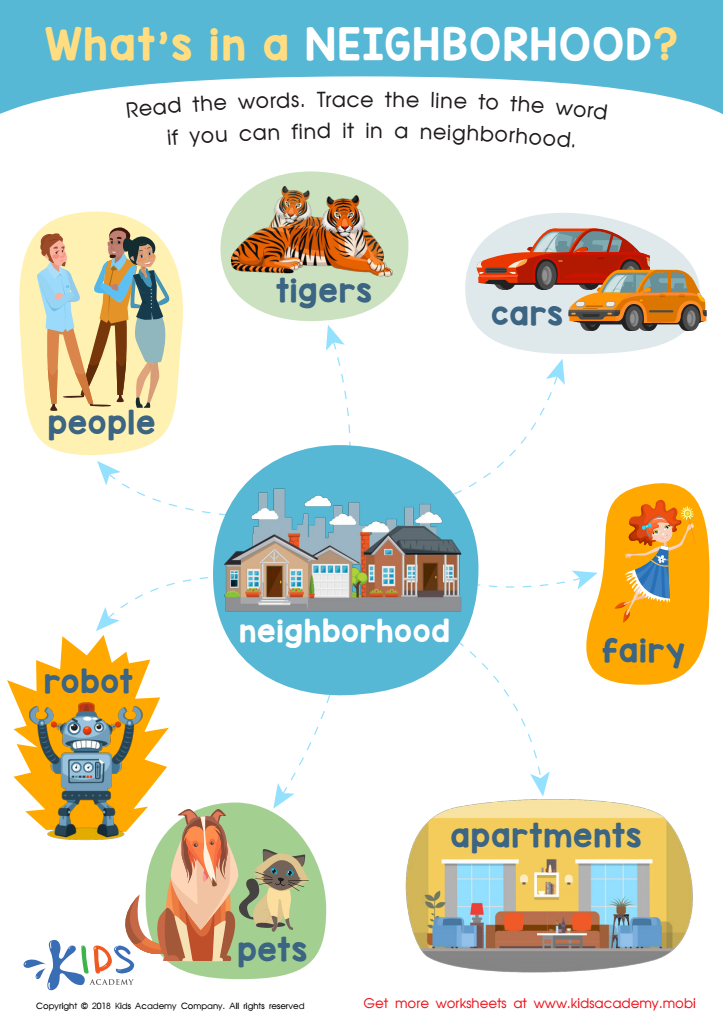

What's in a Neighborhood? Worksheet
Building vocabulary in children aged 6-7 is crucial for their overall development and academic success. During this formative period, young learners are developing their language skills and literacy foundation, which are essential for effective communication and comprehension. A robust vocabulary enhances a child’s reading ability, aiding in their understanding of texts and enabling them to express thoughts clearly.
Furthermore, a strong vocabulary contributes directly to a child’s self-esteem and confidence. When children can articulate their feelings, ideas, and questions, they are more likely to participate in discussions and classroom activities, fostering a love for learning. This social aspect is equally important; strong verbal skills facilitate better interactions with peers and adults, which can strengthen relationships and encourage collaboration.
Parents and teachers can play a pivotal role in this process by introducing new words in engaging and meaningful contexts, such as through books, games, and conversations. Encouraging creativity in language use also empowers learners to feel comfortable with words, paving the way for a lifelong learning journey. Ultimately, building vocabulary at this age lays the groundwork for critical thinking, problem-solving skills, and academic achievements in later stages of education. It is a wise investment in a child’s future.
 Assign to My Students
Assign to My Students




